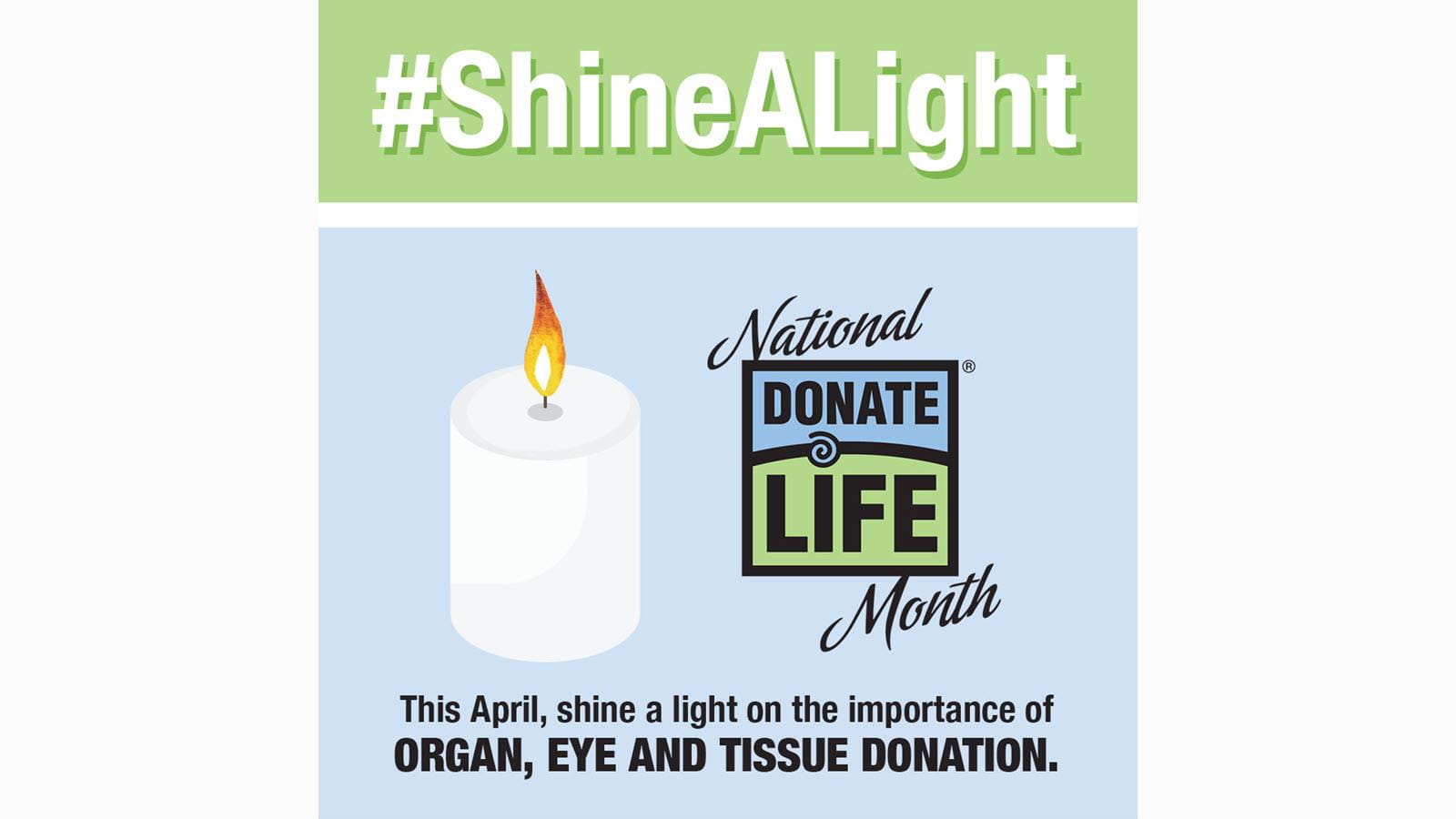After receiving an organ transplant, the body might recognize the new organ as foreign and attack it. This attack can happen in different ways, but a leading cause is called antibody-mediated rejection (AMR).
We think of antibodies as soldiers of the immune system, critical to fighting infections. Antibodies, also called immunoglobulins, are proteins that help the immune system recognize and destroy foreign invaders like viruses or bacteria. But in AMR, the transplant recipient’s immune system makes antibodies that target their transplanted organ, such as a kidney, and can damage it. In addition to damage and, depending on the organ transplanted, AMR can cause a variety of symptoms such as difficulty breathing, cough and fever.
In 2020, CSL acquired a clinical-stage biotech company working on a monoclonal antibody for the potential treatment of chronic active AMR, the leading cause of long-term rejection in kidney transplant recipients. In a November 2022 announcement for R&D Day, CSL included an update about clinical trials related to this potential treatment.
What is a monoclonal antibody?
Transplant medicine has come a long way in the past few decades and doctors work hard to determine the right “match” to reduce problems with organ rejection. Before a kidney transplant, they check the recipient’s blood type and do tissue typing, also called HLA (human leukocyte antigen) typing or antigen typing, according to the National Kidney Registry. Tissue typing compares antigens from both the recipient and donor for compatibility.
But antibodies can still cause rejection problems – sometimes years after organ transplant surgery. Treatment options are, at present, limited. A 2020 journal article said AMR had become more common and was “a major cause of kidney graft loss” and that the condition called for more research, more treatments and agreed-upon treatment guidelines.



